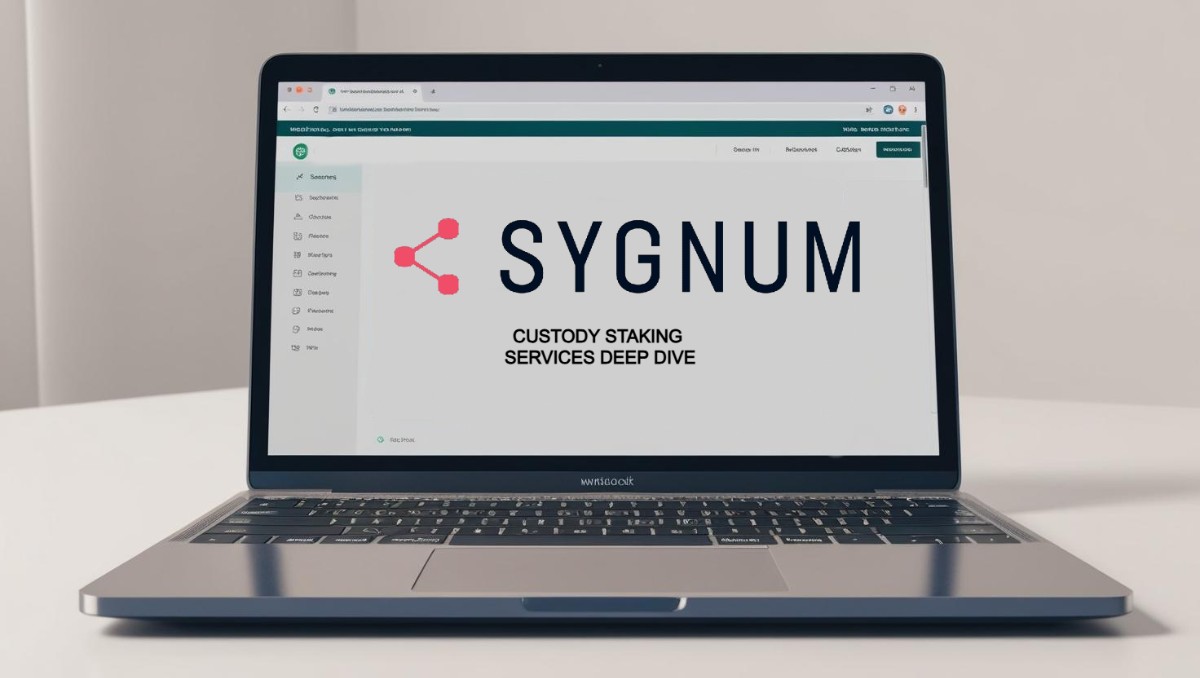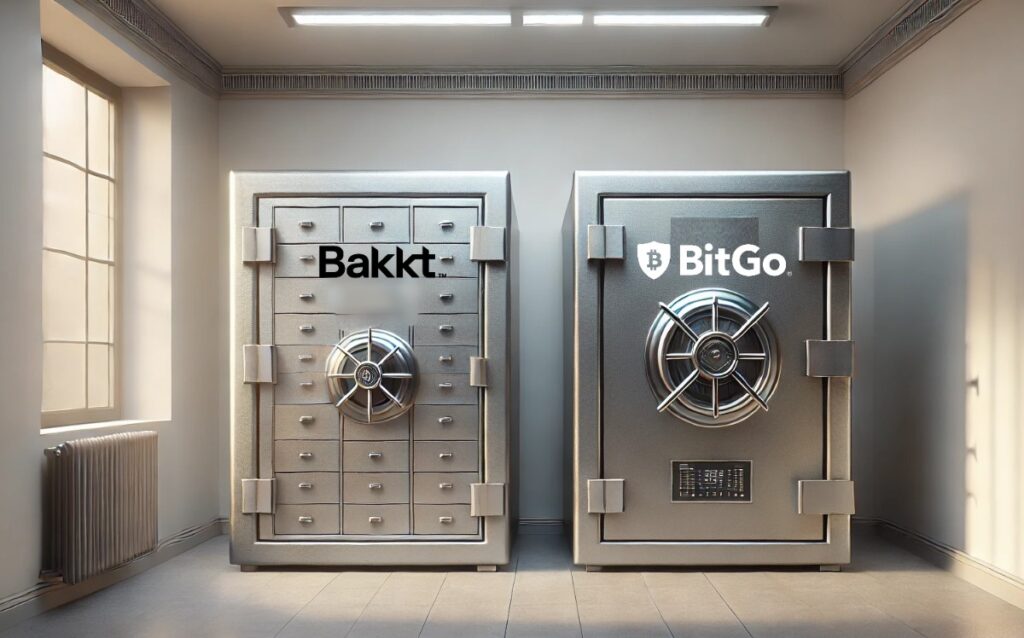Sygnum positions itself as the world’s first digital asset bank, holding banking licenses in Switzerland (regulated by FINMA) and Singapore (regulated by MAS).
Staking Service Details:
Supported Assets: Sygnum currently supports staking for Ethereum (ETH), Cardano (ADA), Cosmos Hub (ATOM), Internet Computer (ICP), and Tezos (XTZ). While the platform supports over 30 tokens overall, not all are enabled for staking.
Staking Yields (APY): The typical annual yield from staking through Sygnum is stated to be between 4% and 10%. For certain assets, higher rewards might be achievable through longer staking commitment periods. ETH staking rewards are variable and depend on overall network participation.
Conditions & Features:
Integration: Staking services are fully integrated with Sygnum’s institutional-grade custody platform. Clients can initiate and manage staking activities through the Sygnum e-banking portal.
Minimums: For Ethereum staking, clients must stake in exact multiples of 32 ETH, corresponding to the requirement for activating a dedicated validator node.
Fees: Sygnum charges a fee calculated as a fixed percentage of the staking rewards accrued during each billing cycle. This fee is debited monthly from the client’s fiat currency account. At the time of publishing the fee is 20% of staking rewards (excl. VAT).
Security: Sygnum manages the technical aspects of validator setup and operation. A key security feature for ETH staking is the strict segregation of client funds; Sygnum does not pool client ETH for staking purposes. All private keys associated with staked assets are secured within Sygnum’s multi-custody infrastructure.
Trading Restrictions: Assets cannot be traded once they are staked. Furthermore, staked Ether is ineligible for use as collateral for Sygnum’s Lombard loan facilities.







